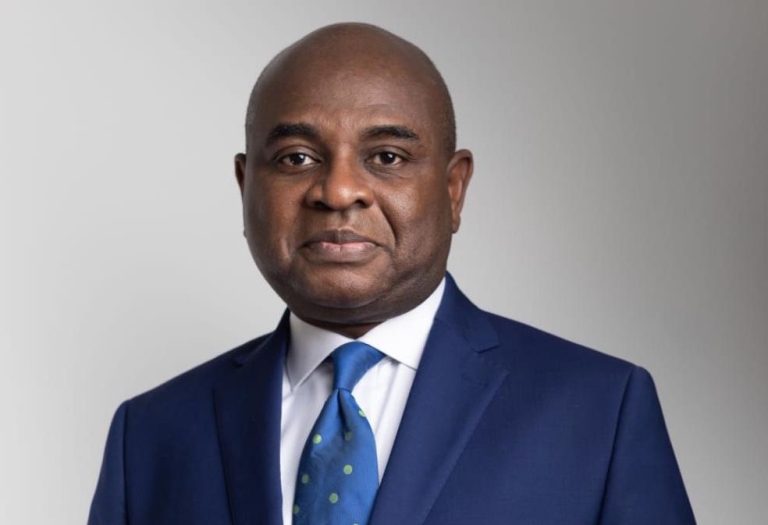Kingsley Moghalu, former deputy governor of the Central Bank of Nigeria (CBN) has said Nigeria’s economy only works for the rich and not for the poor citizens.
Moghalu said the issue between the president of Dangote Group – Aliko Dangote and Nigeria National Petroleum Company Limited (NNPCL), as it concerns Dangote Refinery, showed the government’s inability to create an economy that works for the citizens.
Moghalu said unholy ties and vested interests between government and businesses were responsible for economic failures in the country.
Read also: Nigerians are losers in NNPC tussle with Dangote, says Bloomberg
In a statement on Wednesday, on his X handle, Moghalu said, “The NNPCL and AlikoDangote saga is a sad tale of how successive governments of Nigeria have failed to create a real economy that generates wealth for its citizens. Our economy works only for a very few who get rich while Nigerians continually get poorer.
“The economic failure of Nigeria’s leaders because of loyalties to vested interests and unholy ties between “business” and government is deeply unfortunate.
“Nigeria government is, and has been unable, to stimulate through effect economic policy a set of strategic oligopolies across sectors under which smaller businesses and supply chains thrive, making up a successful national economy as in South Korea.
“Neither has the government, on the other hand, been able to create a truly competitive, level playing field for business in Nigeria so that wealth creation can be more democratic. So it’s just failure, corruption and incompetence all around.
“Instead, we are regaled with sensational accusations on all sides when sweetheart deals go sour for reasons that actually lie outside the immediate subject of dispute.”
The President of Institute for Governance and Economic Transformation, Africa said foreign investors would interpret Nigeria’s business environment as risky because of the issues surrounding Dangote Refinery.
Read also: NNPC denies owning blending plant in Malta
He added that unless patriotic leaders take over Nigeria’s leadership, the country may not make economic progress in the future.
“Meanwhile, what will investors and potential investors think of all this? That Nigeria is a truly risky business environment, that’s all. Until our more selfless and competent leaders arrive on the scene, I am afraid our country’s economy has little real prospects in the immediate future,” Moghalu added.
